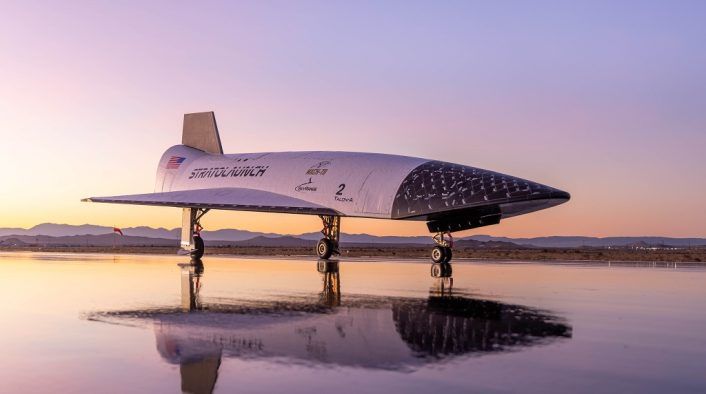ARTICLE AD BOX
 President Donald Trump, flanked by astronauts, members of Congress and Vice President Mike Pence, signs an executive order June 30, 2017, re-establishing the National Space Council. Credit: NASA/Aubrey Gemignani
President Donald Trump, flanked by astronauts, members of Congress and Vice President Mike Pence, signs an executive order June 30, 2017, re-establishing the National Space Council. Credit: NASA/Aubrey Gemignani
WASHINGTON — In a reversal, White House plans to retain the National Space Council, a move that industry officials say could serve as an advocate for space amid pressures to cut budgets.
The White House is expected in the coming weeks to formally announce the National Space Council will continue after speculation that it would not be retained by the new Trump administration. Politico first reported on the move.
A source familiar with the discussions about the council, but not authorized to speak on the record, said that President Trump agreed at a May 5 meeting to stand up the council. That meeting did not give a timeline for publicly announcing the council or hiring an executive secretary who would handle day-to-day operations, although others have said the process for selecting an executive secretary has been ongoing for several weeks.
The council had been inactive for nearly a quarter of a century before Trump reestablished it in 2017. Led at the time by Vice President Mike Pence, the council served as an interagency coordinating body, holding a series of public meetings and releasing policies on a wide range of space issues.
The Biden administration retained the council, with Vice President Kamala Harris leading it. The council had a lower public profile with fewer meetings and policies. It did work on coordinating policies among agencies and issued a proposal for “mission authorization” of novel space activities not currently licensed, although its proposed legislation was not taken up by Congress.
The new Trump administration reportedly was not interested in maintaining the council when it took office in January, with no announcements of new staff for the council or other activities. According to some reports, Elon Musk, chief executive of SpaceX and a close adviser to the president, was opposed to the council, seeing it as unnecessary. Vice President JD Vance, who would chair the council, has also said little about space.
It is not clear what prompted the change, although Musk has publicly stated he plans to spend less time in government activities. Some in the space community, though, see the shift as an opportunity for more advocacy of space within the administration, particularly given a fiscal year 2026 budget proposal that cuts NASA’s budget by nearly 25%.
One industry official noted that the budget proposal was developed by the Office of Management and Budget (OMB) without a counterweight provided by a space council, an approach that prioritized spending reductions. The outcome might be different with the space council in place, that person noted, citing rising NASA budgets during Trump’s first term.
“After the space council is stood up, OMB will have a seat at the table, but they won’t own the table,” the source said.
Jeff Foust writes about space policy, commercial space, and related topics for SpaceNews. He earned a Ph.D. in planetary sciences from the Massachusetts Institute of Technology and a bachelor’s degree with honors in geophysics and planetary science... More by Jeff Foust

 3 hours ago
1
3 hours ago
1









 English (US) ·
English (US) ·